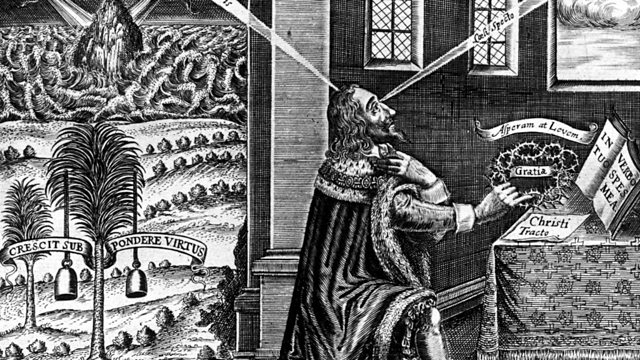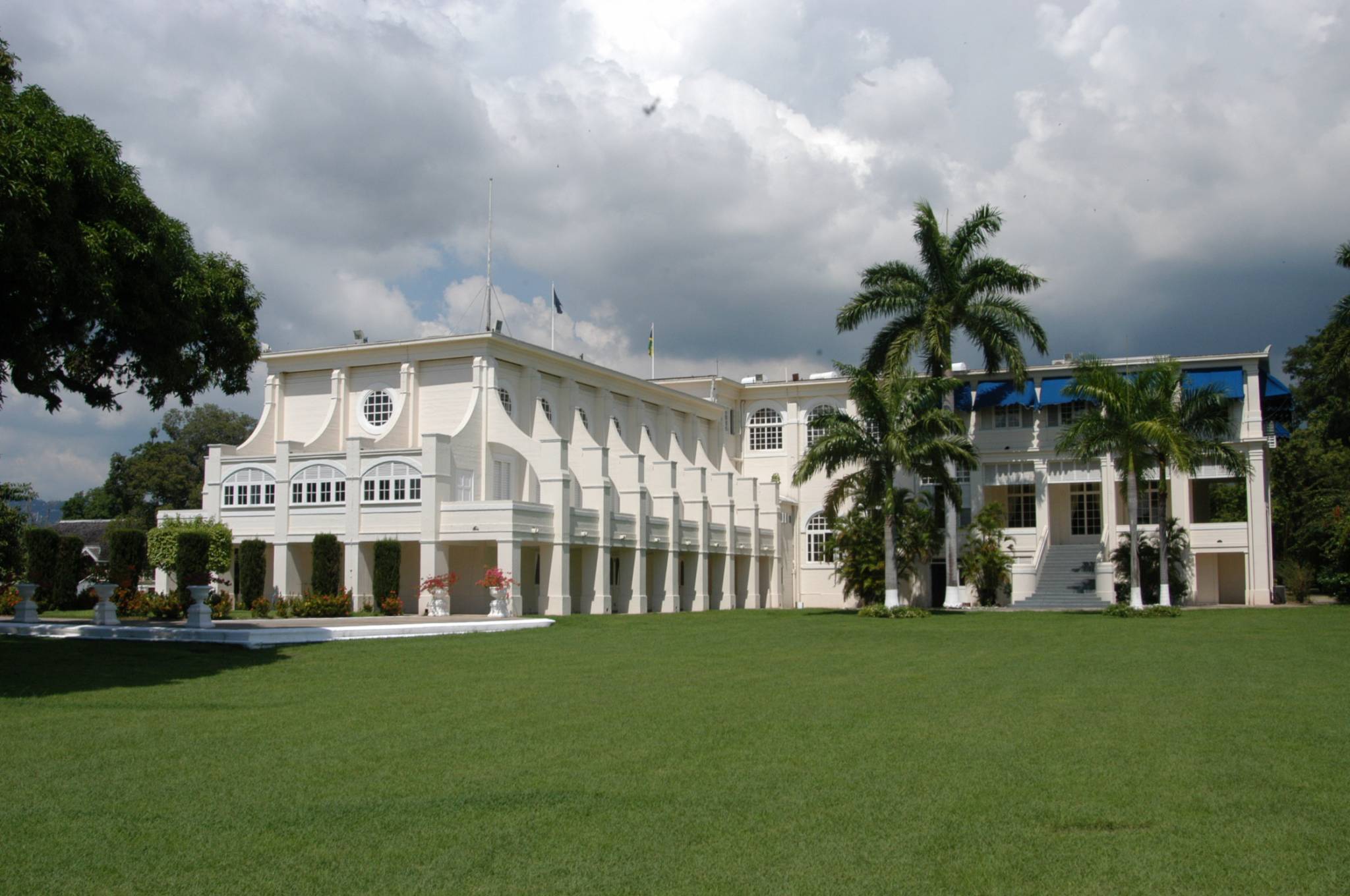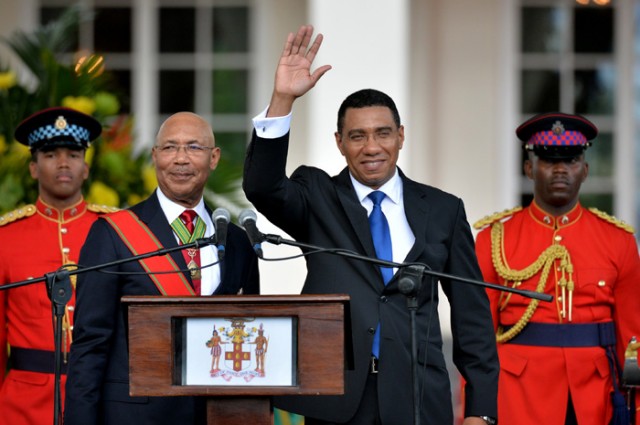A conversation I had the other day makes me always wondered
why it is some Catholic royalists blame Protestants for the rise of
republicanism, even an article in The Economist not long ago seems to agree. Irrespective of the infamous Game of Thrones quote which claims that "The faith and the crown are the two pillars that hold up this world. One collapses, so does the other," which I must admit is true to an extent but when I
examine the facts I’m forced to question some elements of this assumption made by some of my fellow traditionalists and I’ll explain why?
1. The principle of the “divine right of kings”
which Catholics claim to have a monopoly on states that Kings are answerable to
God alone, yet the Papacy has deemed that all kings of the earth must answer to
them and claimed the right to set up and depose kings, although Daniel 2:21
clearly points out that only God himself has the exclusive right, a right that the Bishop clearly tried to usurp for himself, one example being when Pope Pope Gregory VII composed the Dictus Papae asserting the authority to overthrow whichever King he chose (in this case Henry IV of Germany). It was in
fact the Protestant reformation that promoted true essence the divine right since it removed
the imposition of the papacy as an intermediary and made rulers answerable only
to the Grace of Heaven, not the will of Rome.

2. The writings of the protestant reformers shown
in no uncertain terms that they were most certainly not republican in
orientation. For example Martin Luther in his 1525 book “Against the Murderous,
Thieving Hordes of Peasants”, stated and I quote “anyone who is killed fighting
on the side of the rulers may be a true martyr in the eyes of God…. if anyone
thinks this too harsh, let him remember that rebellion is intolerable and that
the destruction of the world is to be expected every hour”, he also the urged
the rulers of the time to crush the revolutionaries like mad dogs and that civil
powers must drive the common people, that they may learn to fear the powers
that be.- does that sound like a republican or revolutionary to you?, note this
is the poster man of the reformation speaking here
3. Some of the greatest moments in the history of
the reformation happened with the blessing and sanction of monarchs, e.g. the
Authorised Bible Version of 1611 was published with the vehement opposition of the Catholic Church yet happened under the sanction of James VI; There was also the Act of Supremacy
(1534) which made the monarchy, not the papacy, head of the Church of England. Similarly in other protestant kingdoms their rulers were given similar status, something that could not happen for Catholic monarchs who (according to the papacy) were vassals of the Pope

4. In relation to point number 1, the main driving
vehicle of the counterreformation was the Jesuit order established in order to
put an end to the reformation, the oath taken by the Jesuit order includes the
phrase “I do now renounce and disown any
allegiance as due to any heretical king or prince named Protestants, or
obedience to any of the laws, magistrates or officers thereof”…traditional
monarchist? I hardly think so, in fact this is a downright rebellion against
the concept of monarchy (that does that pledge allegiance to the pope).
3. The Jesuits are not the only ones guilty of this
either for example Cardinal Robert Bellarmine claimed that the institute of
monarchy did not have any divine sanction (clearly contradicting 2 Peter 2:17) and even declared it lawful for
Catholic subjects to overthrow a monarch they didn’t approve of (Such as
Jacobites in the British Isles constantly whining about the legitimacy of the
House of Windsor and calling for its overthrow) similarly Father Juan de
Mariana a noted Catholic Scholar and clergyman promoted the idea of social
contract (made famous by John Locke) and even advocated for regicide (which
they dubbed as tyrannicide) which he claimed justified the murder of protestant
kings in the name of the Catholic Church.

.
6. The reformation strengthened the institution of
absolute monarchy not weaken it, Martin Luther in his “To the Christian
Nobility of the German Nation” decried
the institutions of feudalism and called for a more centralized monarchy where
persons will not have a divided allegiance to the Pope, their King and their local
lord but rather just as how no pope should stand between the people and their allegiance
to their heavenly sovereign, in the same way the people’s earthly loyalty
should be directly to their king not indirectly via manorial lords. This idea laid the foundation for strong centralized monarchies taking the place of weaker
feudal kingdoms, is it any wonder that the golden age of absolute monarchy happened in the wake of reformation?;
7. Noted Christian Author Ellen White in her book
“The Great Controversy” when speaking of the factors that led to the French
Revolution saw it as a divine judgement against France for its rejection of the
reformation movement whereas countries like Great Britain and the Scandinavian
countries which accepted the reformation were spared from the horrors of
republicanism. Not that the attempted reformation by the Huguenots was
republican or monarchists in character, in fact there were members of the
French royal family on both sides of the divide. What she did assert however is
that because the French had refused to accept the reformation teachings and so
brutally persecuted the reformers even more than other European powers (case in
point being the St. Bartholomew’s Day Massacre of 1572), then God left them to
their fate when the revolution finally broke out and utterly destroyed the
power of both the catholic church and the monarchy in France. Naturally,a great many Catholics would take offence to this idea and the nature of the claim itself can be argue all day long but as far the writer was concerned, had the French
reformation taken been a success, there
would have been no French revolution.

8.The final evidence that goes against the idea of
blaming Protestantism for republicanism is the numbers. For example in Latin
America, the region of the world that has the largest population of Roman Catholics
per capita in the world does not have a single monarchy among its ranks.
Similarly in Europe today the number of Catholic and Protestant hereditary
monarchies are evenly match at 5 to 5, with Britain, Netherlands, and the three
Scandinavian Countries representing Protestantism while Monaco, Luxembourg, Liechtenstein,
Spain and Belgium are the only remaining Catholic monarchies in Europe. Outside
of Europe there remains only one native protestant monarchy (Tonga) and one
Catholic monarchy (Lesotho), so again the question is to be asked, what
happened to all these other Catholic majority countries where the reformation
never took root?, how comes they didn’t retain or restore their monarchies given that Protestantism
was “the main culprit” behind it all? And while on the topic of abolition, Let's not forget how Irish Catholics played a key role
in supporting the IRA in their overthrow of the British Crown and the breaking
up of the union; If Catholicism automatically made one a loyal monarchist, the Catholic
dominated IRA clearly never got that memo.
Is this in any way an attempt to link monarchism or
republicanism with a religion?, not at all, the religious reviews of monarchist
and anti-monarchist are as diverse as their views on political matters, I know of Catholics aplenty who support monarchy wholeheartedly e.g. the Carlists movement of Spain and the Miguelist of Portugal, yet there are also a great many Catholic clerics who oppose monarchy e.g Father Miguel Hidalgo of Mexico or Camilo Torres Restrpo of Columbia, one of the earliest advocates of liberation theology. In the same breath there are also those who would link Protestantism with monarchy such as the United Empire Loyalist of North America and there are those republicans who try to use protestant ideas to justify their stance like so many modern American ministers do today. Given everything I have seen and discussed, this is why I have and will forever continue to reject the notion purported that
republicanism is the inevitable fruit of Protestantism, the evidence just does
not support that assumption.



